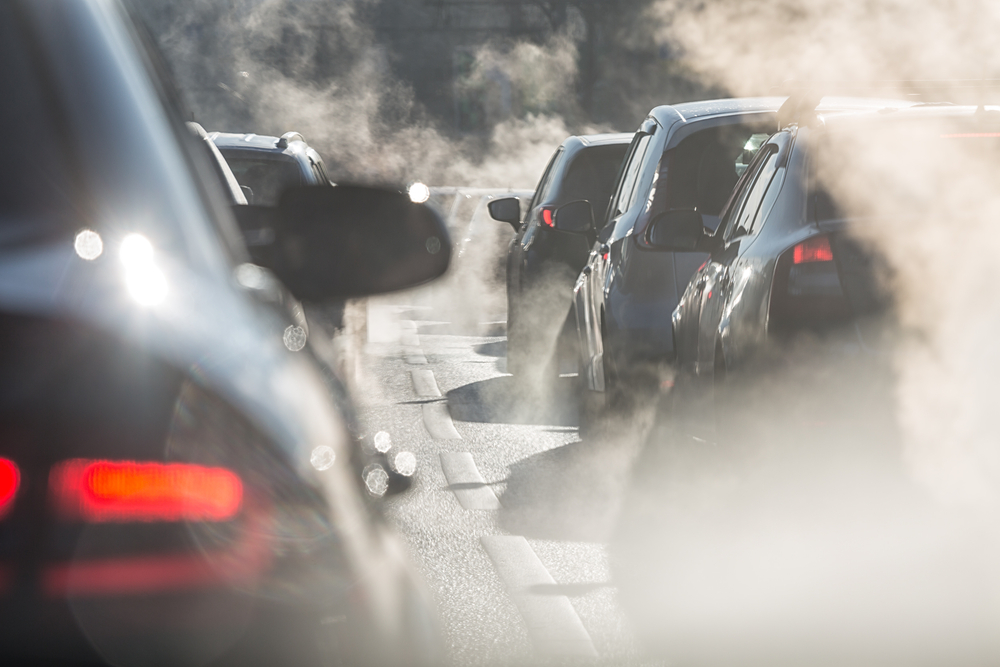
Legislation introduced Wednesday aims to reduce carbon pollution from the national highway system.
The transportation sector is the country’s largest emitter of greenhouse gases, producing 28 percent of emissions, with driving comprising 83 percent of the sector’s emissions.
The Generating Resilient, Environmentally Exceptional National Streets Act would help states adapt to the adverse effects of climate change and would establish national goals to reduce greenhouse gas emissions.
The act would require states and metropolitan planning organizations to consider projects and strategies that reduce per capita vehicle miles traveled (VMT) and, for each project that adds new lanes or otherwise increases traffic capacity and costs more than $25 million, to publish an analysis of the impact on per capita VMTs and mobile source greenhouse gas emissions.
States out of compliance with the VMT standards or carbon dioxide or greenhouse gas emission measures would be required to become compliant.
The act directs the Secretary of Transportation to establish minimum standards for states to use to decrease greenhouse gas emissions and develop measures that states can use to assess and reduce carbon dioxide and other greenhouse gas emissions on the national highway system.
The bill was introduced by Sens. Tom Carper (D-DE) and Edward J. Markey (D-MA) and co-sponsored by Sens. Dick Durbin (D-IL) and Bernie Sanders (I-VT).